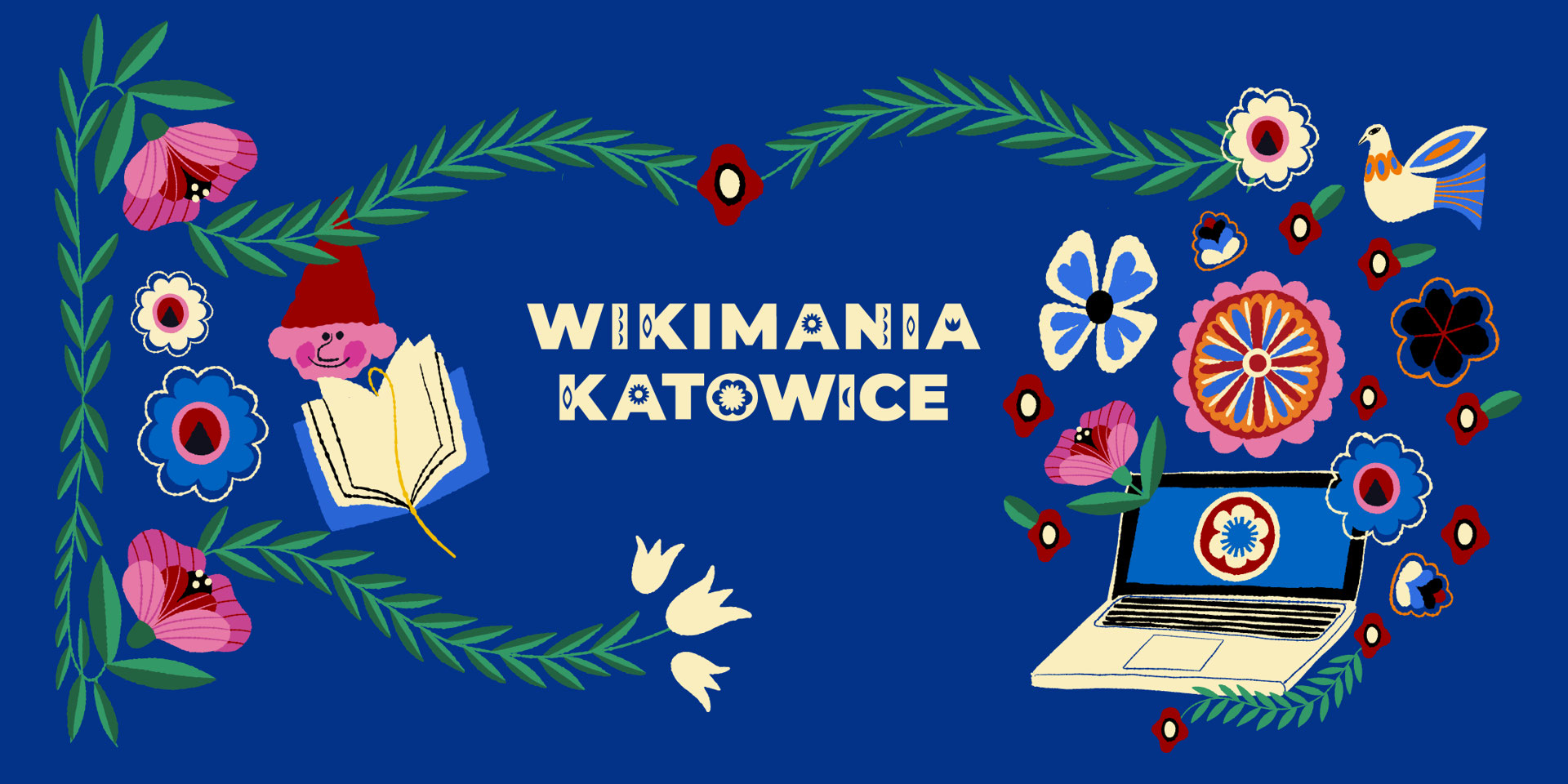2024-08-09 –, Kyiv Auditorium (interpretation)
Language: English
It has been a year since Wikimedians took the stage in Singapore to share their excitement, concerns, and open questions about the impact of ChatGPT and other generative AI technology on our movement. This panel will bring together 5-6 diverse voices from our movement – volunteers, affiliates, researchers, and Wikimedia Foundation staff – to discuss how Generative AI is showing up in our movement's collective work to grow and sustain the sum of human knowledge.
This panel aims to give attendees a multi-stakeholders overview into how different parts of our global movement are thinking about and approaching Generative AI, a topic that touches on many aspects of our free knowledge movement.
Key questions we expect to be include are (but not limited to):
* How are new GenAI tools and technologies being used (or could be used) to benefit our projects and communities?
* How are different parts of the movement thinking about and managing the challanges GenAI surface, including risks of AI-generated mis/disinformation and systemic bias?
* What important lessons have we learned through AI research and experimentation about the potential benefits, challenges, and considerations for use of generative AI?
* How can we ensure that Wikimedia content is reused for GenAI training purposes ethically and sustainably?
* How does GenAI impact other perennial topics within our movement – e.g., licenses and attribution, global regulation and free knowledge advocacy, community growth?
* What are some immediate next steps that we need to take as a global community?
The panel is part of a series of submissions that are meant to help grow the capacity and engagement of community members and additional stakeholders in harnessing the power of GenAI for the sake of free and open knowledge.
Panelists:
* Jimmy Wales
* Maryana Pinchuk (WMF)
* Andrew Lih
* Sandra Fauconnier
* Alek Tarkowski
* Susanna Ånäs
* Yamen Bousrih
Panel facilitator: Shani Evenstein Sigalov
Session recording: https://youtu.be/fRFuWtDKxwM?list=PLhV3K_DS5YfJ1xyY0LNDNX3RKyRQEXOdB&t=4897
- How does your session relate to the event themes: Collaboration of the Open?*:
-
This session will allow many of the different parts of our movement to come together to transparently and openly discuss AI, deepen our understanding of this important topic and fostering more cross-movement collaboration.
- What is the experience level needed for the audience for your session?*:
-
Everyone can participate in this session
- How do you plan to deliver this session?*:
-
Onsite in Katowice
- What other themes or topics does your session fit into? Please choose from the list of tags below.
-
Collaboration
Dr. Shani Evenstein Sigalov is an educator, lecturer, researcher and Open Knowledge advocate, interested in the intersection between Education, Technology, Innovation and Openness.
Her PhD focused on the Semantic Web, specifically Wikidata, as a learning platform. Her Postdoctoral research includes exploring GenAI's impact on knowledge consumption and production; Linked Open Data and its connection to Digital Humanities; Critical Ignoring; and Self-Regulated Learning.
As of 2019, she serves on the Wikimedia Foundation's Board of Trustees.
Maryana Pinchuk is a Principal Product Manager at the Wikimedia Foundation, leading the Foundation's "Future Audiences" initiative to research and develop new product strategies for ensuring that Wikimedia projects survive and thrive for generations to come. She has been a Wikimedian since 2010.
Susanna is on Open Culture advocate based in Helsinki. She leads the AvoinGLAM working group and works as interim ED of Open Knowledge Finland. She has initiated the development of Wikimaps Warper to georeference old maps, Wikidocumentaries for exploring the cultural commons, Wiki Loves Living Heritage to spark collaborations for documenting living heritage around the world and organized events such as Hack4OpenGLAM and AI Sauna for the contributors of the cultural commons to come together.
Wikimedian since 2003. Art historian working on digital projects in the cultural sector. As Wikimedian, active on GLAM projects, Wikidata, Wikimedia Commons.
Andrew Lih has been a Wikipedia editor since 2003 and that year was one of the first academics to use Wikipedia in the classroom as student assigned work. He is the author of the 2009 book The Wikipedia Revolution: How a bunch of nobodies created the world’s greatest encyclopedia. He currently serves as the Wikimedian at Large at the Smithsonian Institution and Wikimedia Strategist at The Metropolitan Museum of Art in New York City. He is an administrator on English Wikipedia and Wikidata. In 2022, he was named a Wikimedia Laureate for his lifetime work with Wikipedia, and in 2016, he was named the U.S. National Archives Citizen Archivist of the Year.
- Improving Wiki Workflows with GenAI: A practical workshop
- WikiPortraits: Transforming the Wikipedia photo desert into a green oasis
- The future of grassroots organisations in Wikimedia and the roles of hubs
- GLAM CSI (Contributor Study Initiative) Workshop on Documenting Wiki User Stories: From Insight to Action
- Equitable hybrid approaches for all Wikimedia events
Alek Tarkowski is the Director of Strategy at Open Future. He is also a member of the Board of Directors of Creative Commons. He has 20 years of experience with public interest advocacy and movement building. He is a sociologist by training and holds a Ph.D. in sociology from the Polish Academy of Science. Previously, he was part of the Wikimedia Movement Strategy process as a member of the Partnerships working group.
Jimbo. :)
Wikimedian from Tunisia. I joined the movement in 2006. Co-founder of Wikimedia Tunisia, Wikiarabia conference and Wiki World Heritage User Group.

